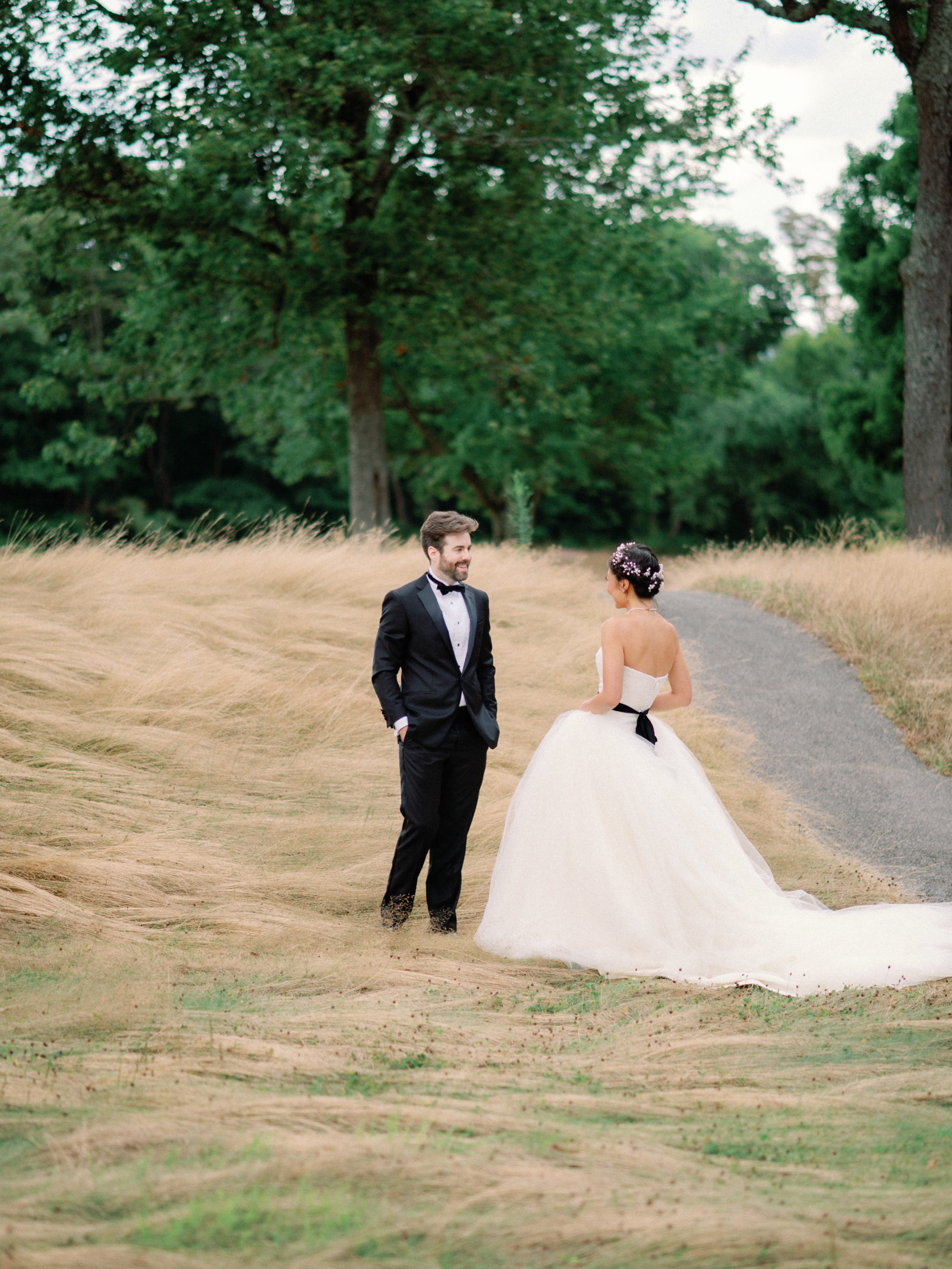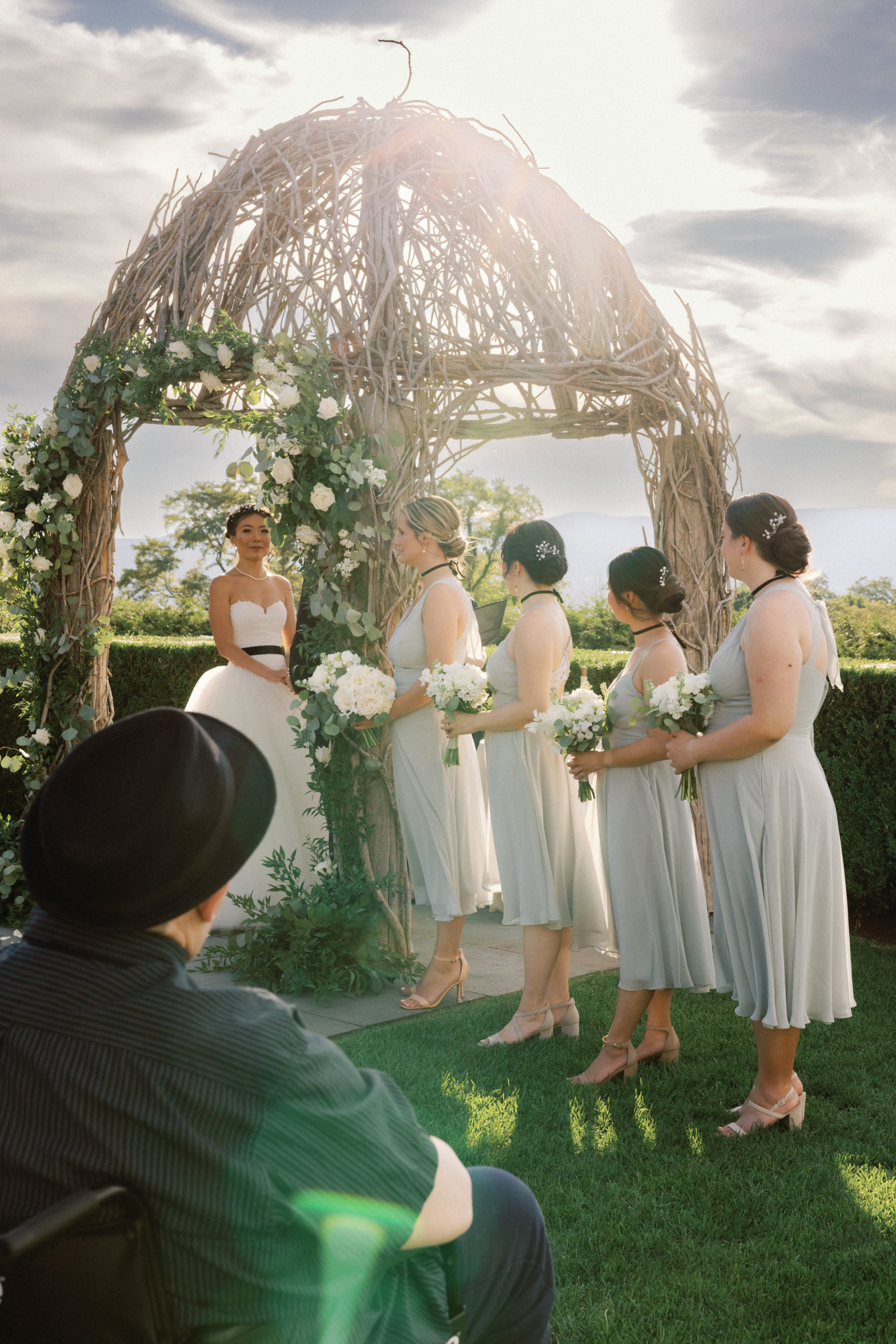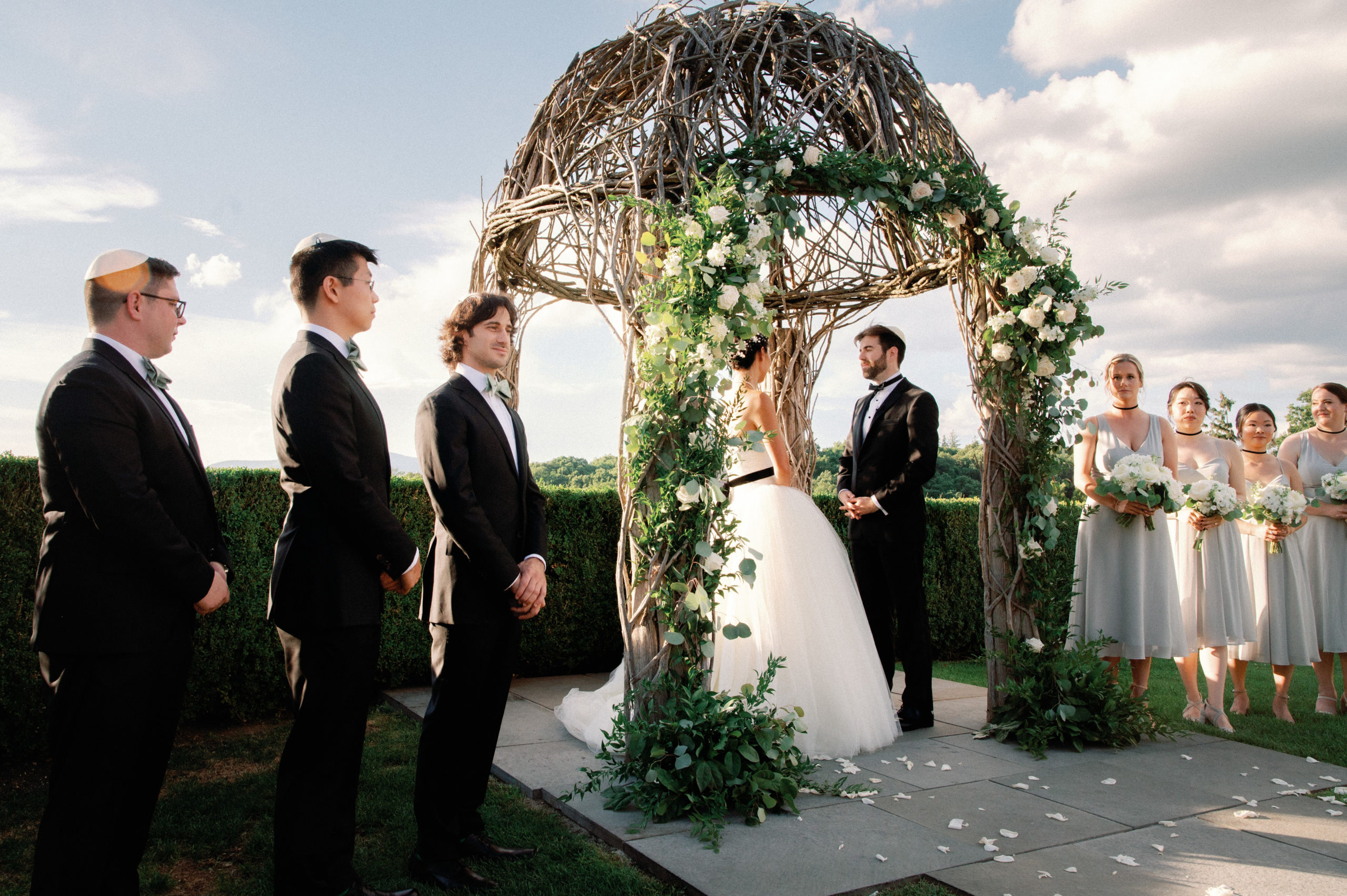
Are you dreaming of a wedding on the beach or in a picturesque European village? Do you desperately want to have the destination wedding of your dreams but are hesitant because you don’t know what to expect? Don’t worry; we listed some guidelines for you. Without further ado, here are some basic destination wedding rules:

Send Out Save-The-Dates Far in Advance
Inviting friends and family to a destination wedding means you’re asking them for a big favor which involves financial resources and time. So informing them at least six to ten months in advance would give them enough time to save up, book flights, and arrange schedules. Not to mention, plane tickets and hotel rates are cheaper when you book them in advance.


Clarify Specific Things You’ll Be Paying For
One of the destination wedding rules suggests that airfare and accommodation are usually shouldered by the guest, while transportation(airport to hotel/wedding venue and vice versa), welcome dinner, and farewell brunch will be upon the host. Ensure it’s clear to your guests who will pay for airfare, accommodation, transportation, other activities, etc. If you arrange extra-curricular activities, the cost will also be on you. Also, you can arrange for a group flight and hotel booking at a discounted rate as a nice gesture to your guests.


Include All Helpful Info in Your Wedding Website
Put helpful information on your wedding website so your guests will be well-equipped the moment they arrive at the location. Details such as the proximity of the airport to the wedding venue, hotel options, activities to do, and places to see will be of great help to your guests. And also, don’t forget to update your wedding website with helpful bits of information every now and then.

Research About the Local Custom and Traditions
It would be best to learn about the country’s traditions to avoid cultural differences that might cause stress on your wedding day, or worse, on your whole stay in the area. This is one of the essential destination wedding rules. For instance, you might be surprised that giving a tip to vendors and attendants is considered rude in some countries. It’s good to share the cultural information on your wedding website to provide a heads-up to your guests as well.


Receiving Gifts
In traditional weddings, receiving gifts from guests (physical or monetary) is standard. In destination weddings, on the other hand, some couples don’t require a gift. For them, their guests’ presence is already a valuable gift they will cherish for a lifetime. However, most guests still give gifts, as they feel obliged to do so. You can sign up for a wedding registry or, better yet, a honeymoon registry! It’s impractical to bring home loads of physical gifts, but it’s fantastic for somebody to pay for your train ride to Paris, lodging in Thailand, or a fancy meal in India, on your honeymoon, for a wedding gift. Collecting experiences instead of material stuff is definitely worth it.
